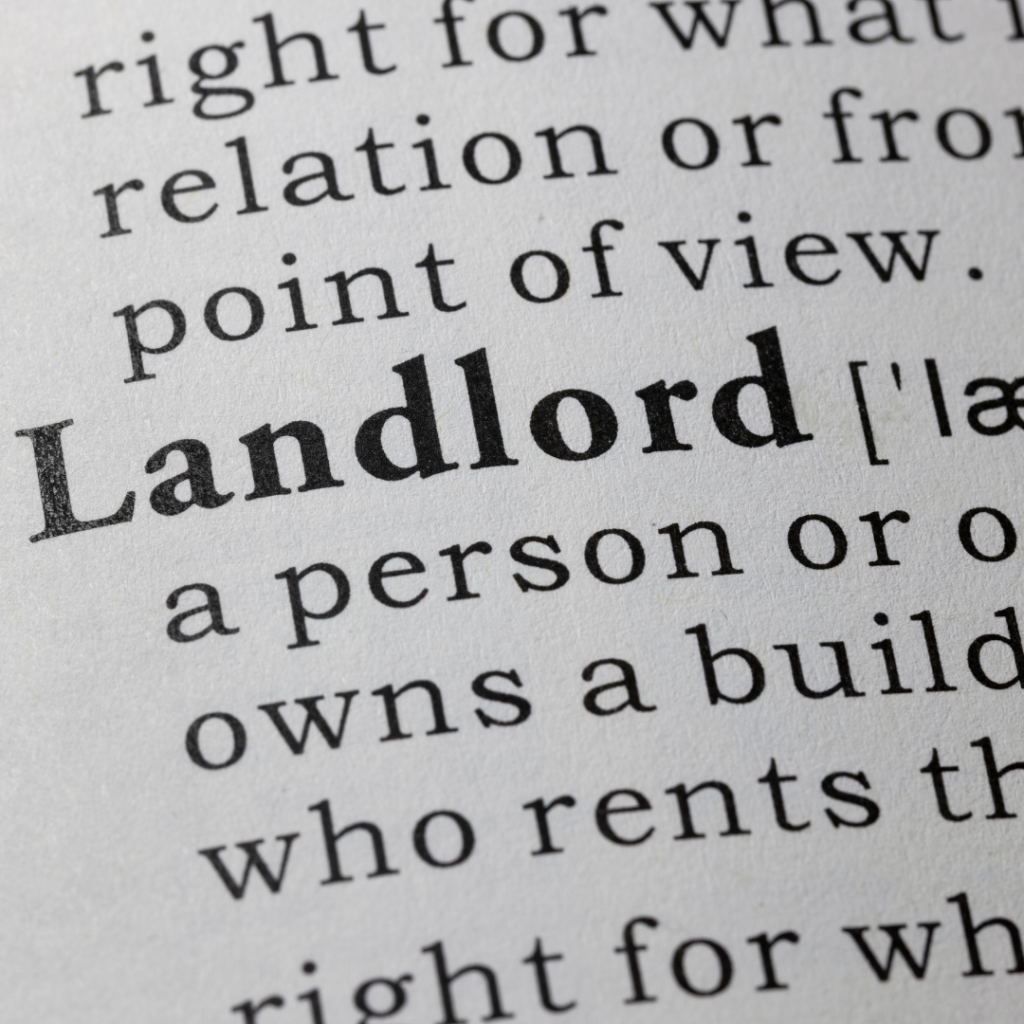Whether you’re a new landlord or a seasoned property manager, understanding your responsibilities under Ontario’s rental laws is essential. From repairs to safety standards, your obligations go far beyond just collecting rent.
At MiniFob, we help landlords and property managers across Ontario by providing quick, reliable key and fob duplication services — but many of our clients also ask about what exactly their legal duties are as landlords. So here’s a breakdown to help you stay compliant and professional.
Disclaimer: This post is for informational purposes only and does not constitute legal advice. For specific legal guidance, consult the Landlord and Tenant Board (LTB) or a licensed legal professional.
1. Maintenance and Repairs
As a landlord, you’re legally required to keep your rental property in a good state of repair. That means:
- Fixing leaky faucets, faulty heating systems, or broken appliances
- Ensuring the property meets health, safety, and housing standards
- Responding to repair requests promptly
This responsibility cannot be waived, even if tenants agree to do some maintenance.
2. Heating and Essential Services
You must provide adequate heating, especially during the cold Ontario winters. If a furnace breaks down, it’s your job to fix it—even on a weekend. You’re also responsible for ensuring tenants have access to electricity, hot water, and plumbing.
3. Pest Control
If a unit becomes infested with pests like bed bugs or mice, the landlord must handle extermination and cleanup—even if it’s not their fault. It’s your duty to provide a safe and habitable environment.
4. Garbage and Recycling
You must ensure there are proper waste disposal containers on the property and that garbage is removed regularly. Municipal bylaws may also apply, so be sure to stay up to date.
5. Privacy and Notice of Entry
You’re required to give tenants 24 hours’ written notice before entering the unit, unless there’s an emergency. Acceptable reasons for entry include repairs, inspections, or showing the unit to prospective tenants or buyers.
6. Rental Unit Safety
Landlords must install and maintain functioning smoke and carbon monoxide detectors where required by law. Regular checks and battery replacements (if needed) are also part of your responsibilities.
7. Legal Compliance and Lease Agreements
All leases must follow the Ontario standard lease format, and rent increases must follow the province’s rent guideline. Additionally, you may not require more than last month’s rent as a deposit — no pet deposits or damage deposits allowed.
Need Spare Keys or Fobs for Your Tenants?
Whether you’re managing one unit or an entire building, staying organized means having backups. At MiniFob, we provide:
- Fast, secure key and fob duplication
- Lifetime functionality guarantee
- Bulk pricing for property managers
- Flexible pickup options across the GTA
Give your tenants reliable access — without waiting for the building manager or risking a lockout.
Check if we can copy your key or fob or text us a photo to confirm.
Final Thoughts: Landlord Responsibilities in Ontario
Understanding your landlord responsibilities in Ontario helps ensure you maintain good relationships with tenants, avoid legal issues, and keep your rental property in excellent condition. From maintenance to respecting tenant privacy, staying informed is the key to being a responsible landlord.
And when it comes to managing access? Leave that to us.



Recent Comments